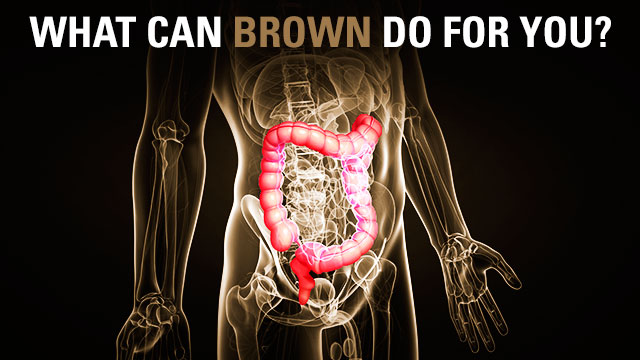Fecal transplants cure diarrhea, modulate testosterone levels
Ars Technica » Scientific Method 2013-01-18

From some perspectives, we humans aren't really so much individuals as we are walking ecosystems—our bodies carry more bacterial cells—with their own genomes and agendas—than the total count of human cells we're composed of. Bacteria cover our skin, get to our food before we have the chance to absorb it, and in many cases stay helpfully out of the way of the immune system.
Given all that, it shouldn't be a surprise that we're finding that bacteria can have significant effects on the human body in ways that go well beyond causing an infection. Two articles that appeared this week drive that home. In one, doctors cured a recurring, diarrhea-causing infection simply by transplanting gut bacteria from a healthy individual. And in the second, the bacterial transplants altered the progression of type 1 (autoimmune) diabetes in mice—by altering the animal's testosterone levels.
Fighting bacteria with bacteria
Clostridium difficile, or C. diff, is a bacteria that tends to cause extended bouts of diarrhea. In about 20 percent of the cases that end up under a doctor's care, it will get into the digestive system and refuse to come back out, creating recurring bouts of illness that don't respond to most antibiotics. At that point, the standard of care is an intensive course of vancomycin, which only works in about 60 percent of patients. With each further recurrence, the rate of success goes down even further.
Read 12 remaining paragraphs | Comments